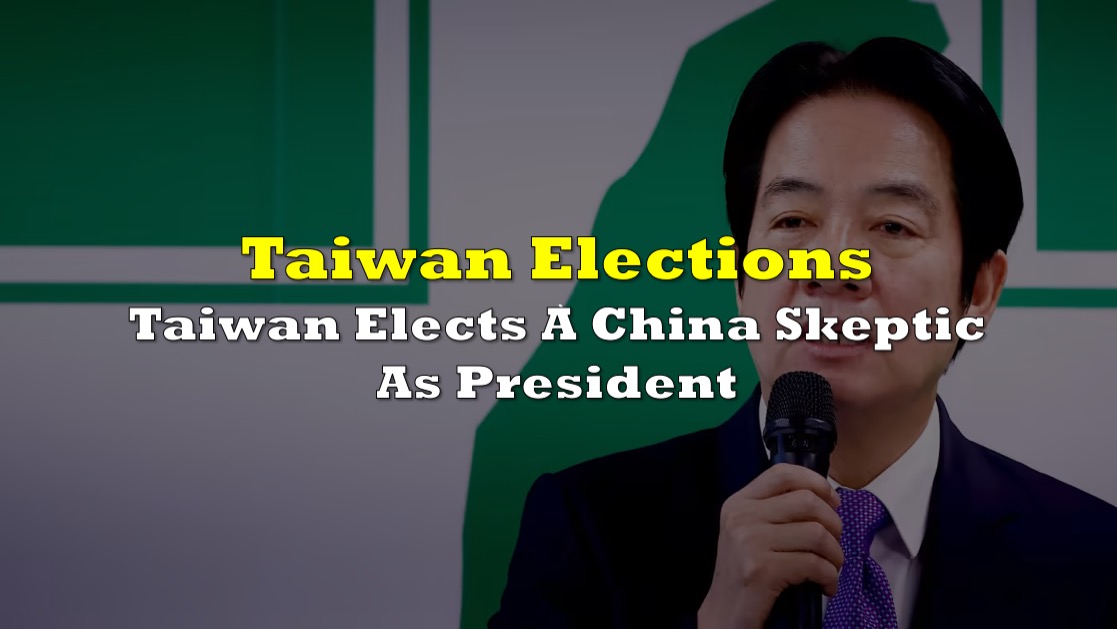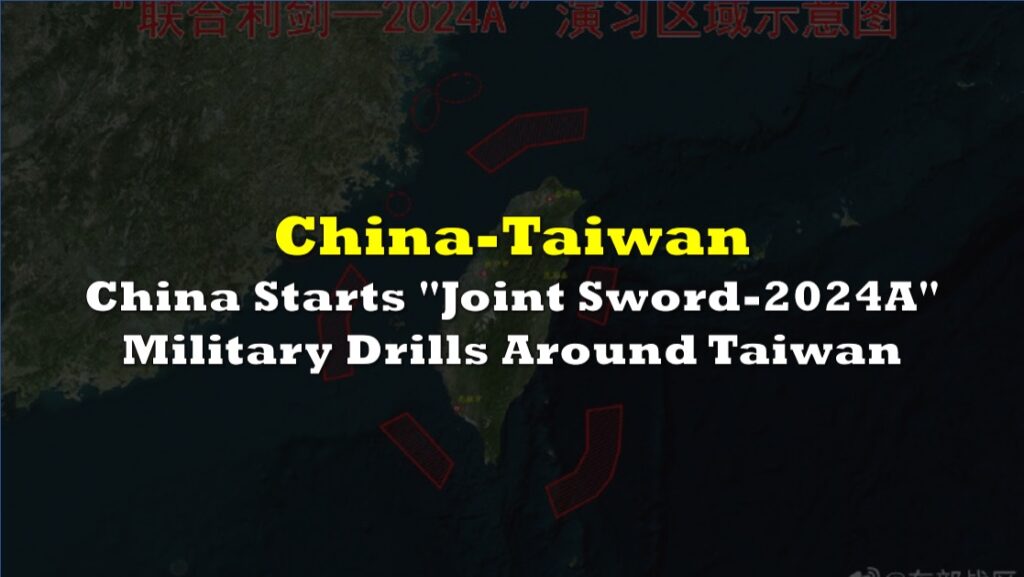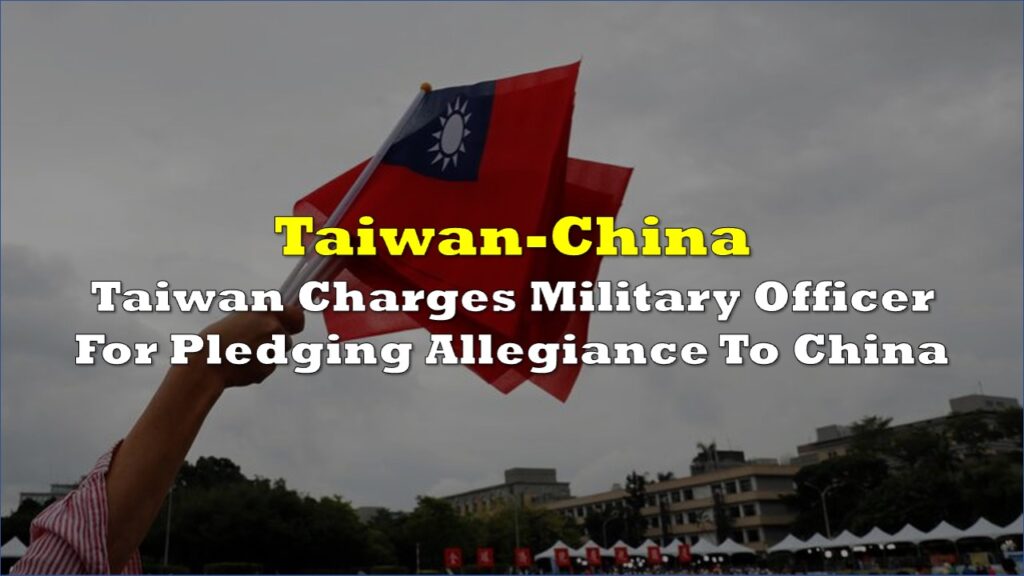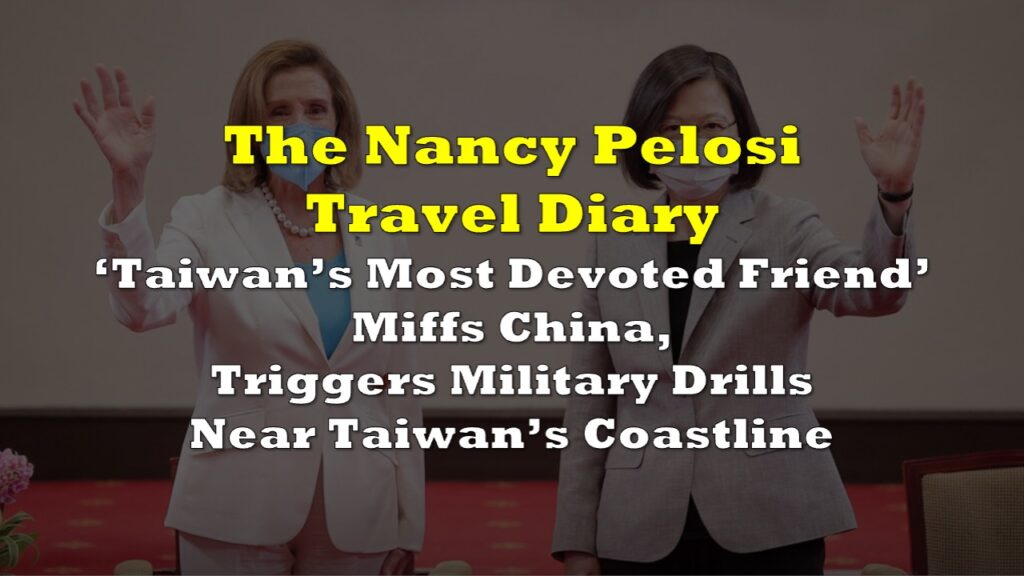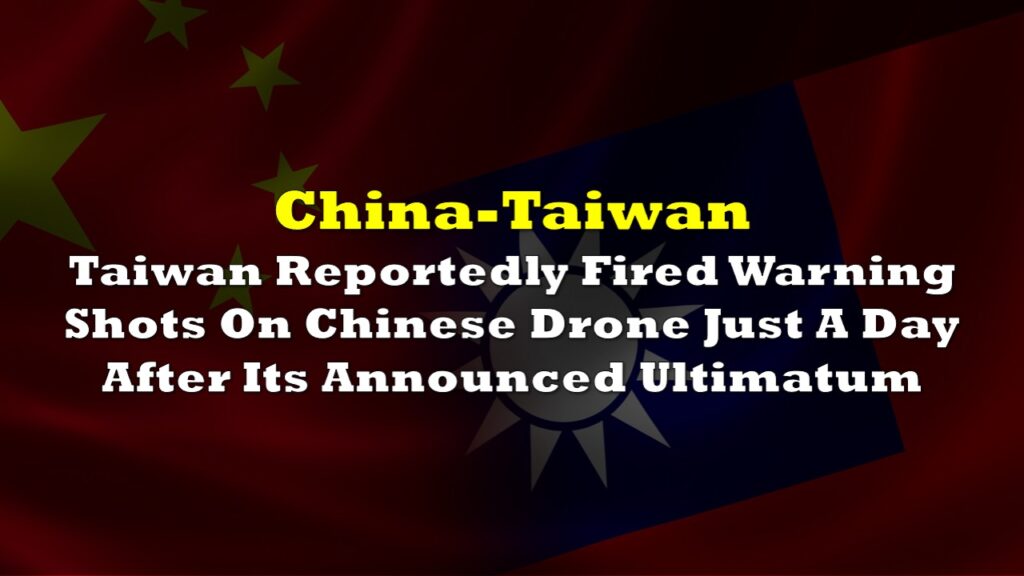In a historic and closely-watched election, William Lai (Lai Ching-te), a known China skeptic and supporter of Taiwan’s independence, emerged victorious in Saturday’s presidential poll, securing an unprecedented third successive term for the Democratic Progressive Party (DPP). Lai’s win not only marks a significant geopolitical development but also raises concerns over escalating tensions between Beijing and Washington, particularly in the South China Sea.
The election has been framed as a pivotal moment in global geopolitics for 2024, symbolizing a contest for regional influence between the United States and China. Beijing characterized the vote as a choice between war and peace, emphasizing the perceived inevitability of Taiwan reunifying with the Communist mainland.
Lai, the current vice-president of Taiwan, acknowledged the potential for heightened tensions with China and extended an olive branch in his victory address. He called for “exchanges and cooperation with China” based on “dignity and parity,” pledging to replace confrontation with dialogue and emphasizing the importance of maintaining peace in the Taiwan Strait.
Beijing’s initial response was dismissive, with a spokesperson for the Chinese embassy in the U.K. stating, “The elections of China’s Taiwan region are local elections and China’s internal affairs.”
The elections came just weeks after Chinese President Xi Jinping declared that Taiwan’s unification with mainland China is “inevitable.”
Regardless, Lai secured slightly over 40 percent of the vote in the first-past-the-post contest, with his more China-friendly opponent, Hou Yu-ih of the Kuomintang (KMT), winning 33.5 percent, and Ko Wen-je of the Taiwan People’s Party securing 26.5 percent.
Hou, conceding defeat at a KMT rally, expressed hope that the new leadership would not let down the voters and emphasized the need for unity in facing the complex U.S.-China-Taiwan relations. The KMT aims to take over the speakership in the parliament, posing a potential challenge for President-elect Lai in passing legislation through a now hostile legislative body.
One positive outcome for Beijing is the DPP losing its parliamentary majority, reducing Lai’s ability to pass legislation that might escalate tensions with China. Taiwan, though lacking formal diplomatic relations with major powers, holds considerable economic influence, contributing to approximately 90 percent of the world’s most advanced semiconductors.
As Lai is expected to be formally announced as the winner, he is set to succeed outgoing President Tsai Ing-wen on May 20. Despite Lai ruling out declaring independence during his tenure, analysts and diplomats anticipate increased pressure from Beijing on Taiwan in the coming months.
A 64-year-old Harvard graduate, Lai comes from humble beginnings. His father’s tragic mining accident claimed his life when Lai was just an infant, leaving him among six children raised by his mother. Prior to serving as vice president, Lai held prominent roles as the mayor of Tainan city and later as Taiwan’s premier.
Days before the election, China labeled Lai a warmonger, signaling potential challenges ahead. In recent years, Beijing has strongly criticized Lai due to his alignment with the Taiwanese independence movement. Back in 2017, Lai even went to the extent of labeling himself a “pragmatic worker for Taiwan independence,” though he has since moderated his language on the issue.
Beijing and Washington have shown efforts to manage tensions, with U.S. Secretary of State Antony Blinken meeting with Chinese Communist Party’s international department chief Liu Jianchao just before the polls.
However, the real test lies in the diplomatic and geopolitical moves that will unfold in the post-election period, especially considering Beijing’s historical criticisms of Lai’s association with the Taiwanese independence movement.
Information for this story was found via Politico and the sources mentioned. The author has no securities or affiliations related to the organizations discussed. Not a recommendation to buy or sell. Always do additional research and consult a professional before purchasing a security. The author holds no licenses.

